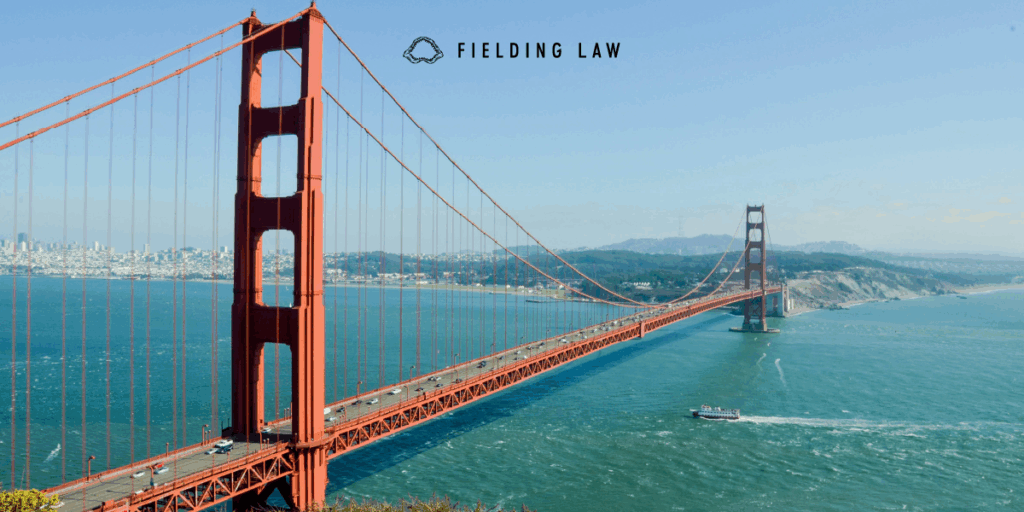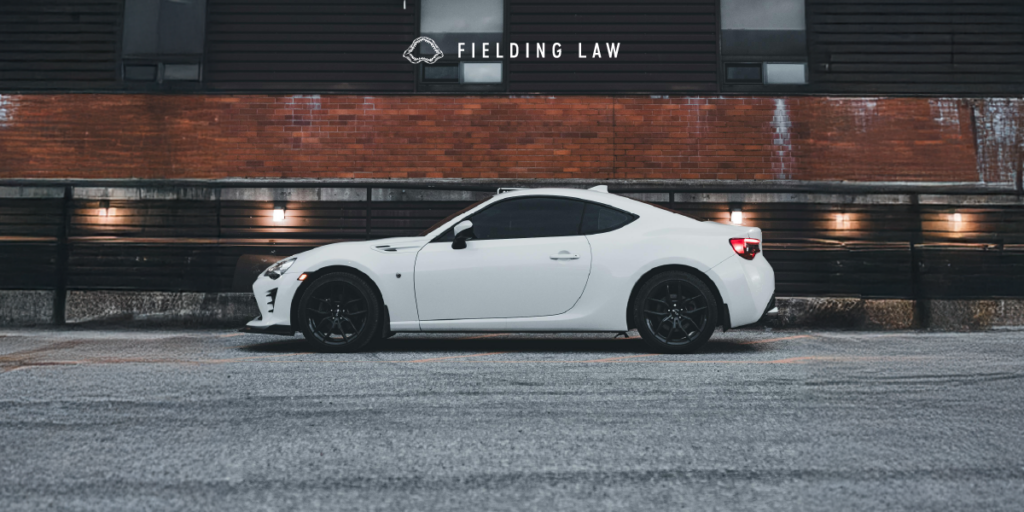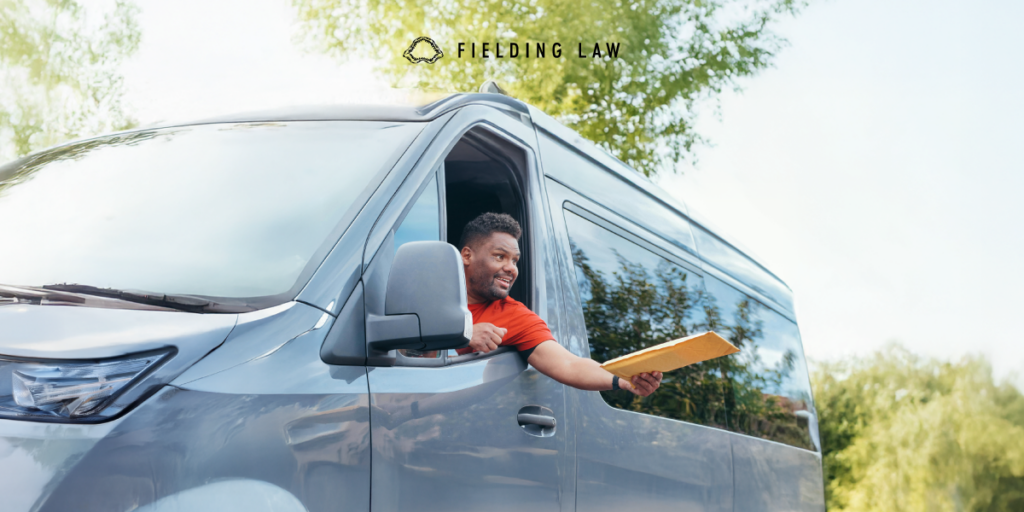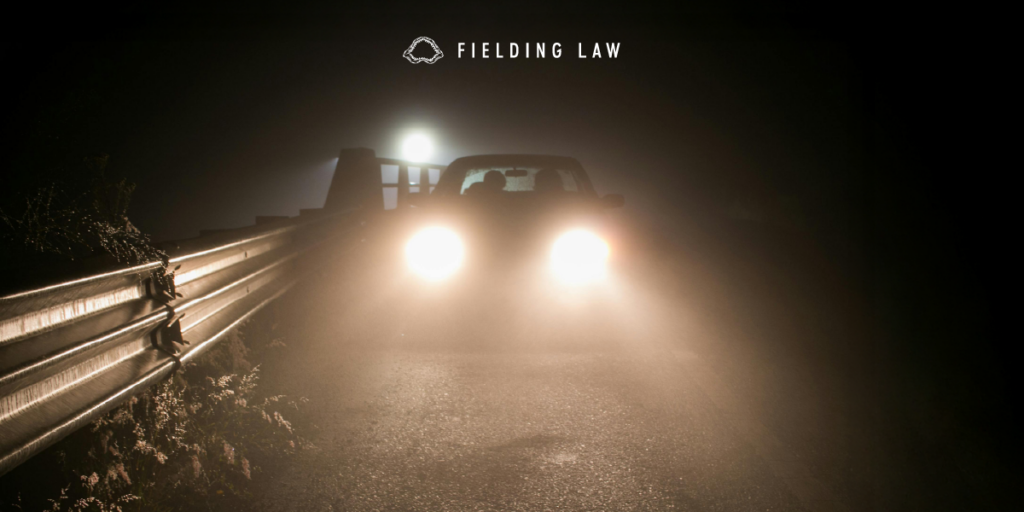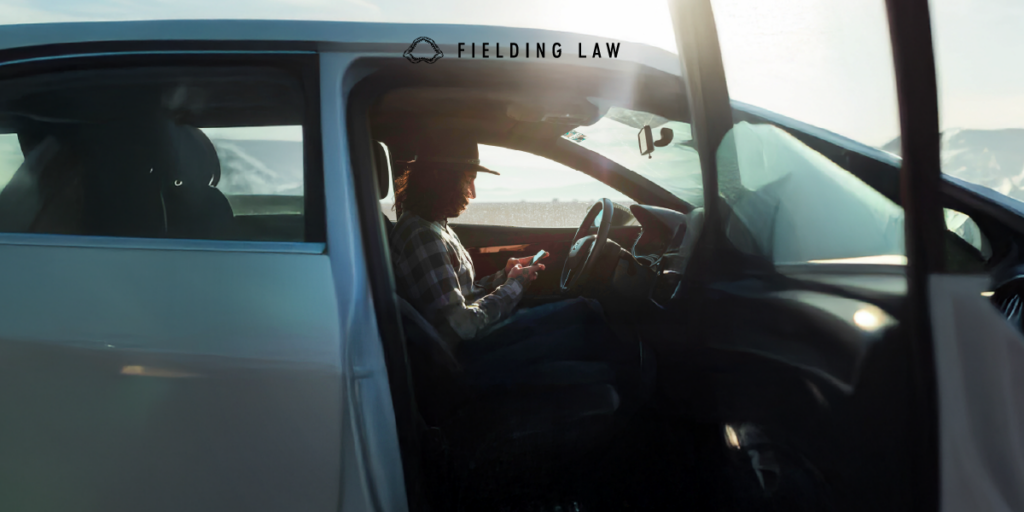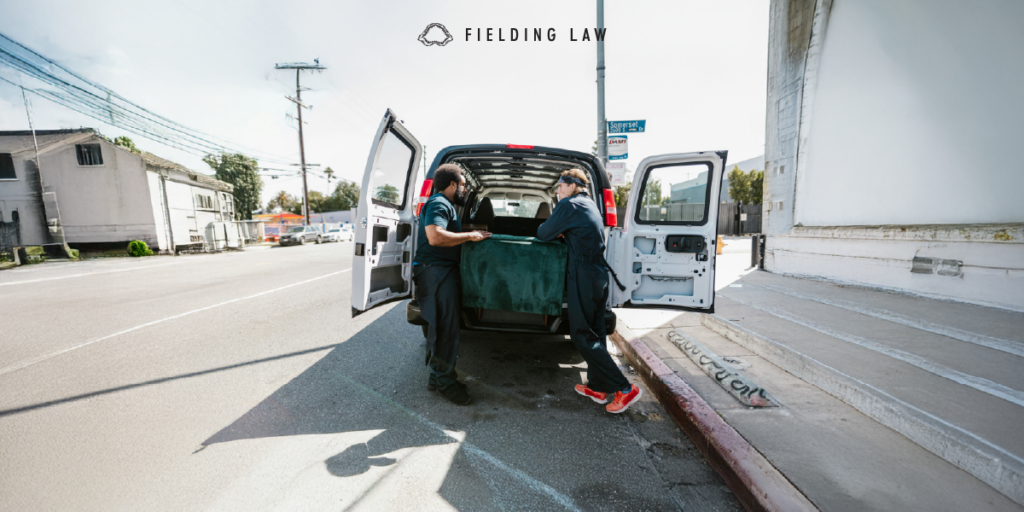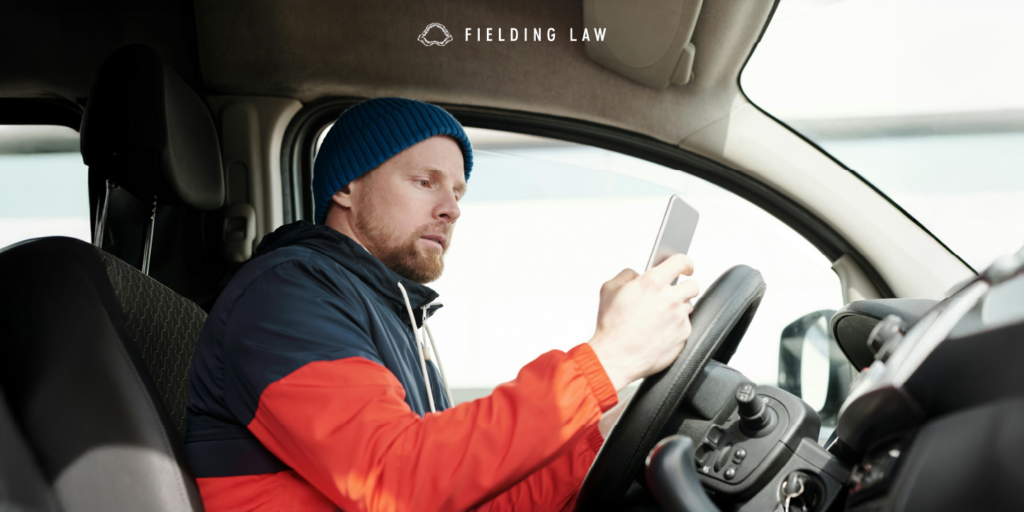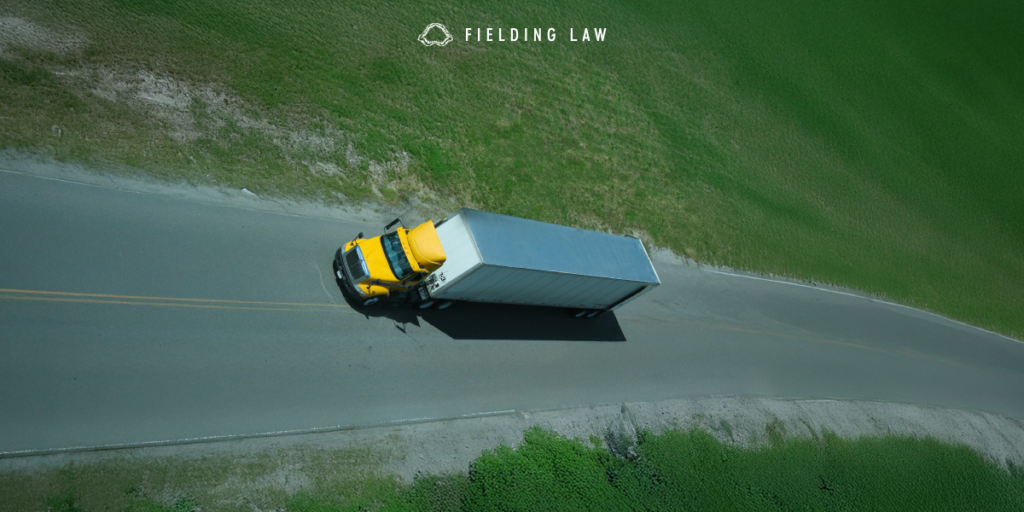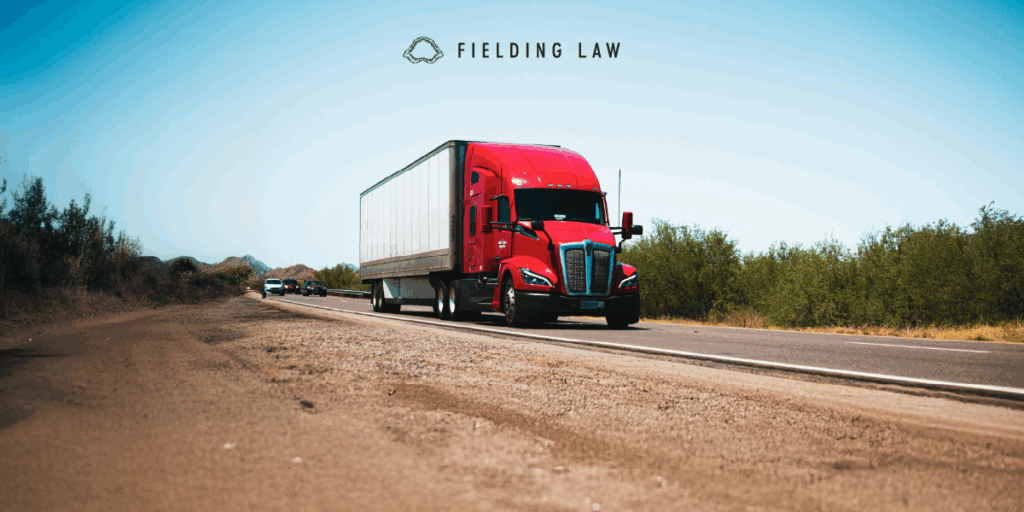
Recent Headlines Raise New Concerns
Recent California news has drawn attention to truck crashes involving drivers without legal status. These reports have caused many people to ask a difficult question: If I was injured in a truck accident with an undocumented driver, who pays for my injuries?
The good news is that your right to compensation depends on fault and insurance coverage, not immigration status.
Who Is Financially Responsible
You can still seek compensation after a truck accident with an undocumented driver. California law allows any injured person to file a claim when another person’s negligence causes harm.
Liability often involves one or more of the following:
-
The trucking company: Companies must hire qualified, licensed drivers. When they skip background checks or ignore red flags, they can be held responsible for resulting accidents.
-
The truck owner or carrier: The business that owns or leases the truck may share responsibility if it failed to maintain safe vehicles or hire responsible drivers.
-
Commercial insurance: Trucking companies carry high-limit insurance that can cover medical bills, lost wages, and property damage.
-
Your own insurance: Uninsured or underinsured motorist coverage may help pay for your losses if the truck driver has no valid insurance.
Your Right to File a Claim
California focuses on negligence, not immigration status. A driver’s legal standing in the U.S. does not excuse unsafe or reckless behavior. If a driver’s carelessness caused your crash, you have the right to seek damages.
Even if the at-fault driver fled the scene or had no insurance, you may still recover through other available insurance policies. An attorney can help find every possible source of recovery.
What to Do After a Truck Accident
After a truck accident with an undocumented driver, quick action can make a major difference. Follow these steps to protect your health and your rights:
-
Report the accident – Call 911 so law enforcement can document the crash.
-
Exchange information – Contact and vehicle information with all drivers.
-
Take clear photos – The scene, damage, and injuries.
-
Seek immediate medical care – Get medical care right away, even if you feel fine.
-
Contact an Attorney – Contact a skilled truck accident lawyer who can guide you through your next steps.
Why Hire Fielding Law
A truck accident with an undocumented driver can create confusion and stress. Fielding Law helps you navigate every challenge with care and determination. Our team thoroughly investigates, identifies all liable parties, and builds a strong case to protect your future.
When you hire Fielding Law, you gain more than legal representation; you gain a compassionate partner who wants to see you recover.
If you were injured in a truck accident with an undocumented driver in California, contact Fielding Law or call 833.88.SHARK for a free consultation.
Note: Information provided is for educational purposes and does not constitute legal advice. Always consult with a qualified attorney for legal concerns.
